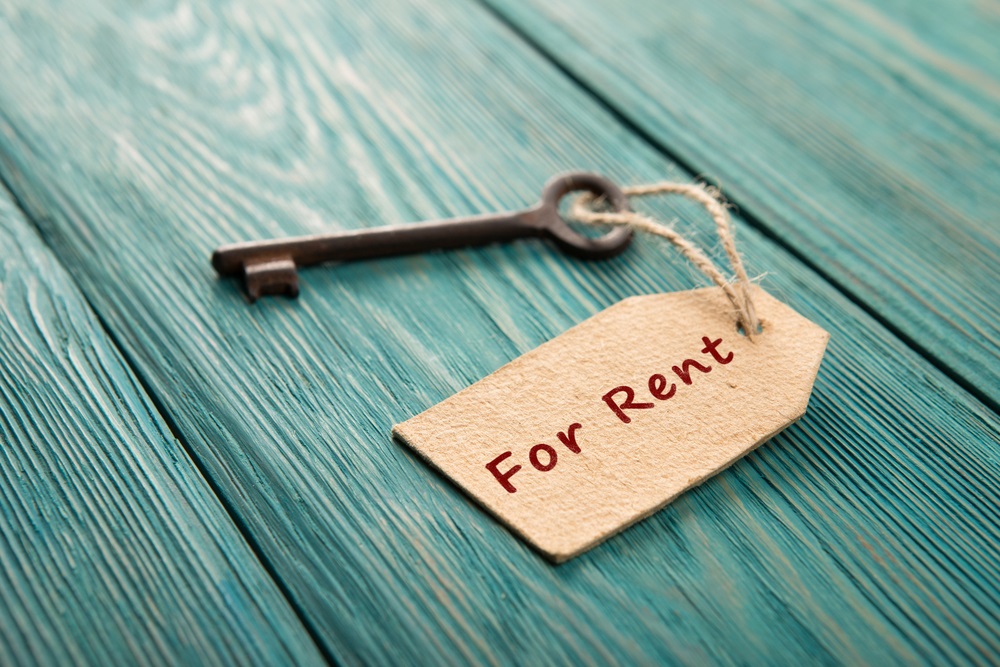 Buying property to rent out can be a lucrative business if you own lots of properties or it could be a source of extra income if you own one or two.
Buying property to rent out can be a lucrative business if you own lots of properties or it could be a source of extra income if you own one or two.
There are around 2.6 million landlords in the UK and a third of them own just one property, another third have two or three properties and the final third own four or more.
If you are thinking of becoming a landlord there is much to consider and this article will explain some of the things you should be aware of.
What mortgage do I need to be a landlord?
Unless you are a cash buyer you will need a buy-to-let mortgage to buy the property. You must have a deposit of at least 15% of the property value and some lenders require 20% or 25%. Like residential mortgages, the bigger the deposit you can afford, the lower the interest rate you will pay.
Buy-to-let mortgages are usually interest-only, which means you only pay the interest on the amount you have borrowed. When you sell the property you will still owe the lender the capital, i.e. the original cost of the property.
You must make sure the rent you charge tenants covers the mortgage, in fact, lenders insist on this. Lenders will apply an ‘interest cover ratio’ of between 125% and 145%, which means the monthly rent you charge must be at least 25% to 45% higher than your mortgage repayments.
You also need to factor in expenses such as letting agency fees, service charge, maintenance and repairs, all of which eat into your profit.
What costs do landlords have?
House buying costs include fees for the estate agent, valuation of the property, conveyancing, mortgage broker and mortgage fees.
Stamp duty is charged between 0% to 12% depending on the price of the property. But if you own more than one property in the UK there is an extra 3% to pay, while foreign nationals pay a further 2%.
As part of the mortgage contract, you will need landlord insurance to cover the building but it is also a good idea to have contents and accidental damage insurance too.
Be mindful of void periods. You still have to pay your monthly mortgage payments even if you are not receiving any rent, either because the property does not have a tenant or the tenant can’t or won’t pay.
A landlord has to apply for various certificates including an annual gas safety certificate and electrical installation condition report. There are rules around installing things like smoke alarms and carbon monoxide detectors. Portable appliance testing (PAT) should also be considered where all electrical appliances in the property are safety checked.
In addition, the rental deposit from the tenant must be kept in a government-backed Tenancy Deposit Protection (TDP) scheme within 30 days of receipt. The deposit is returned to the tenant within 10 days after they have left or after a dispute has been resolved.
Do rental properties need an Energy Performance Certificate?
It is a legal requirement for all rental property to have an Energy Performance Certificate (EPC) with a rating of at least E. The ratings range from A (excellent energy efficiency) to G (very poor).
Currently, if the property is rated F or G you are not legally allowed to let it out and you must upgrade it before allowing tenants to move in.
It should be noted that the government is consulting on introducing new rules in 2025 for all rental properties with new tenancies to have a minimum EPC rating of C. For existing tenancies this rule is extended until 2028.
So, if you are looking to buy a rental property, the EPC rating is very important. Most newer properties are B rated and are therefore more energy efficient than older ones.
If you buy a property that has an EPC rating of A, B or C you could be eligible for a green mortgage which offers lower interest rates.
What tax must a landlord pay?
A big consideration for all landlords is tax. You will pay tax when you buy the property, when you let it out and when you sell it.
Individual landlords must pay income tax on any profit made from renting out property and that profit is added to any other income you have, such as a job. This will determine whether you pay income tax at the lower rate of 20% or the higher rate of 40% or 45%.
It used to be the case that landlords could get mortgage interest tax relief but that was phased out and stopped completely in April 2020. So in recent years there has been a rise in the number of landlords setting up limited companies in which to hold their rental properties. This is usually more beneficial for people in the higher income tax brackets but there are other things to consider, which is why it is important to get specialist property tax advice.
In a limited company, instead of paying income tax, landlords must pay corporation tax on the profit made from rental properties. Corporation tax is currently set at 19% but its due to go up in April 2023 to 25%.
If you are an individual landlord and want to move your property to a limited company, you will have to pay stamp duty as ownership is changing. You are no longer the owner of the property; it is owned by the company.
Finally, when you sell your rental property, you have to pay capital gains tax if the value has risen.
 With the demand for rental property rising, now could be a good time to invest in becoming a landlord. But you do need to be aware of what it entails and go in with your eyes wide open.
With the demand for rental property rising, now could be a good time to invest in becoming a landlord. But you do need to be aware of what it entails and go in with your eyes wide open.
Paul Brett is managing director, intermediaries at Landbay, a specialist buy-to-let lender
In order to receive the best advice on buy-to-let options you should speak to a mortgage adviser who understands the buy-to-let market.




